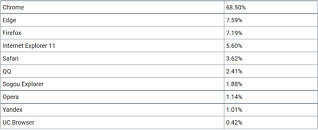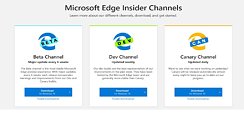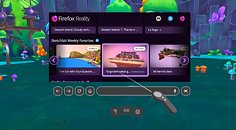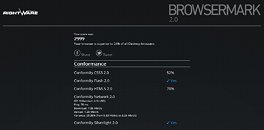Opera GX Introduces Cyberpunk 2077-themed Hub
Norwegian browser company Opera [NASDAQ: OPRA] is unveiling the Opera GX hub, a new feature designed to blend the universes of its users' favorite games directly into the browser. Starting with the Cyberpunk 2077 hub, this new addition to Opera GX brings players closer to their favorite titles than ever before, making it possible for them to use the web while never leaving Night City. They can now browse with the full Cyberpunk 2077 soundtrack playing in the background, have webpages displayed in the dystopian Cyberpunk 2077 style, and get direct access to streams, modding guides, news from the game and much more - all within the browser.
The Cyberpunk 2077 hub in Opera GX is the first of its kind. It's a new integrated feature that connects the universe of a game with the user's browsing experience. It also gives fans access to essential game-related content and tools, making it easier for them to stay up-to-date with the game while browsing the web within a single space. This collaboration with CD PROJEKT RED is just the beginning: Opera GX will be working on more immersive game integrations in the future.
The Cyberpunk 2077 hub in Opera GX is the first of its kind. It's a new integrated feature that connects the universe of a game with the user's browsing experience. It also gives fans access to essential game-related content and tools, making it easier for them to stay up-to-date with the game while browsing the web within a single space. This collaboration with CD PROJEKT RED is just the beginning: Opera GX will be working on more immersive game integrations in the future.

















































